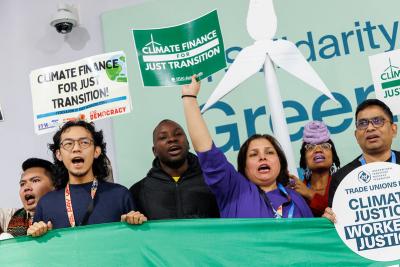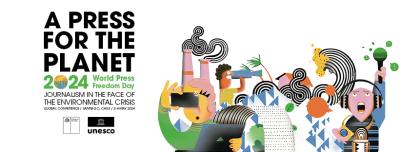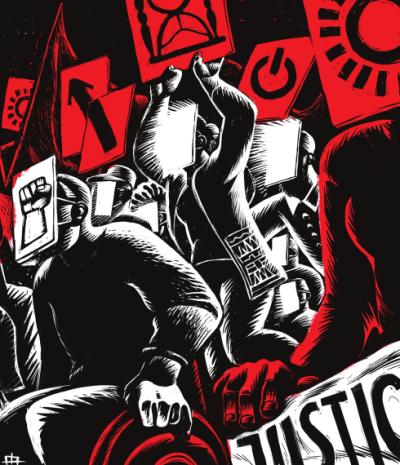
The use of technology to attack environmental defenders – including many Indigenous leaders and women – is part of a continuum of violence that includes targeted disinformation and smear tactics, surveillance and death threats. Identity-based disinformation and smear tactics are disproportionately impacting women defenders, and research suggests that online attacks do not only target climate and environmental defenders, but also their families, friends and colleagues – creating a chilling effect on their communities.
Violence against environmental defenders has increased in recent years, even as governments publicly commit to ensuring that defenders are better protected. The violence experienced by environmental defenders is increasingly facilitated by technology and causes more harm to defenders and their communities, affecting their use of technology for advocacy, activism and learning.
Despite efforts to monitor technology-facilitated violence against environmental defenders, many challenges remain in terms of under-reporting, especially in relation to the attacks faced by women. Many of the places where environmental conflicts are more common are isolated and remote regions. In these areas, documentation of cases is difficult and media and organised civil society are less present.
However, some communities are also using information and communication technologies (ICTs) for their protection and activism, demonstrating that technology in itself is not the problem, but rather how it is mis/used. It is therefore critical to understand the relationships of these communities with technology, access to the internet, the uses they have for the internet and ICTs more broadly, as well as other sources of information and the media landscape in their contexts.
ICTs are increasingly necessary to bring attention to struggles against environmental destruction, pollution and extractivism, and for communities to monitor their lands and territories and prevent illegal mining. However, the adoption of ICTs and the increased mediation of their activism by technology also pose significant challenges. Technology-facilitated violence against environmental defenders is a critical problem for the safety of targeted individuals, their families and communities, resulting in censorship, shrinking civic space and erosion of democratic values, and poses a clear threat to the right to a healthy environment. Governments have a responsibility to protect the rights of individuals and communities working to defend the right to a healthy environment and the rights of nature.
Since 2021, APC has called attention to the risks of environmental disinformation, including through the Global Information Society Watch report. In 2022, APC published a briefing paper that outlines the issue of climate disinformation, and the role and impacts of the tech industry in disinformation and disruption of environmental advocacy. The paper points to the need for collaborations between digital rights organisations and environmental justice actors to understand and address environmental disinformation in a nuanced way.
How will this project contribute to change?
The project "Resistance and Resilience: Collaborative Responses to Online Attacks on Environmental Defenders" will be led by APC in partnership with Indigenous Peoples Rights International (IPRI), the Manila Observatory through the KLIMA Centre (MO-KLIMA) in the Philippines, Intervozes in Brazil and the Ogiek Peoples’ Development Program (OPDP) in Kenya, with support from the International Development Research Centre (IDRC). This three-year initiative will support in-depth research into the scope and impacts of online disinformation and attacks against environmental defenders in Brazil, Kenya, Mexico and the Philippines. Understanding how to reclaim civic space to confront the climate emergency will include documenting and reporting the online attacks against environmental defenders, and analyses and research into their scope and impact.
Research will be developed in collaboration with country partners and an advisory council composed of diverse individuals with respected and unique knowledge and lived experiences from the four selected countries. The project will support local organisations in the four countries to develop assessment tools that are culturally relevant and respond to their specific needs. Drawing on the research results and identifying common trends coming from the country level studies, the research will explore responses to online attacks, disinformation and closing civic space online. The results will include policy proposals and recommendations to national governments, technology companies and regional and global governance processes. Together, Indigenous Peoples Rights International, the Manila Observatory through the KLIMA Centre, the Ogiek Peoples’ Development Program, Intervozes and APC will generate knowledge, build trust and deepen alliances across these movements. The project teams will disseminate research findings and policy issue briefs on trends and impacts of disinformation and online attacks against environmental defenders and bring together diverse alliances in a global gathering to reflect on the research, build a global policy agenda and identify opportunities for future collaboration and action.





